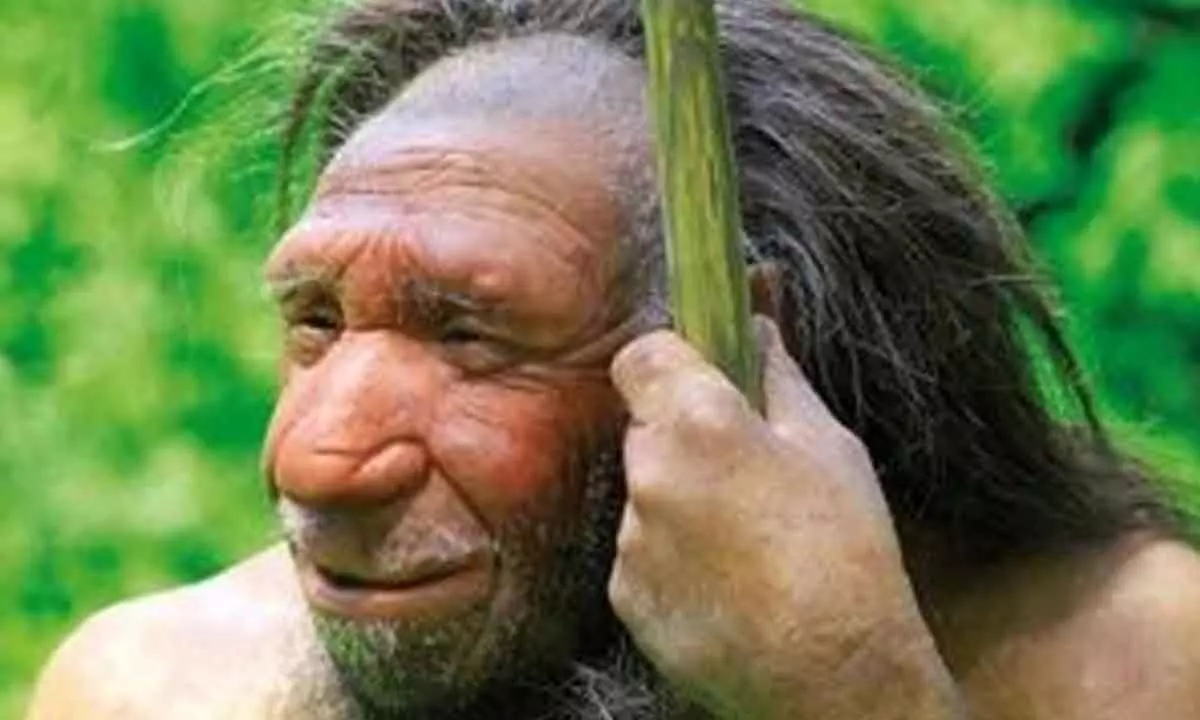Neanderthal DNA link to early morning rise?

“By analysing the bits of Neanderthal DNA that remain in modern human genomes we discovered a striking trend: many of them have effects on the control of circadian genes in modern humans and these effects are predominantly in a consistent direction of increasing propensity to be a morning person,” said lead author John A. Capra from the University of California at San Francisco
Are you a morning person? Genetic material from our Neanderthal ancestors may have contributed to this propensity of rising early, according to a study. In the study, the researchers combined ancient DNA of Neanderthals, large-scale genetic studies in modern humans, and artificial intelligence.
They found genetic evidence for differences in the circadian clocks of Neanderthals, who, around 700,000 years ago, migrated into Eurasia, and modern humans (who largely stayed in Africa).
In Eurasia, Neanderthals encountered diverse new environments, including higher latitudes with greater seasonal variation in daylight and temperature.
Since the ancestors of Eurasian modern humans and Neanderthals also interbred, it was thus possible that some humans could have obtained circadian variants from Neanderthals, the researchers said in the paper published in the journal Genome Biology and Evolution.
To test this, the researchers explored whether introgressed genetic variants -- variants that moved from Neanderthals into modern humans -- have associations with the preferences of the body for wakefulness and sleep in a large cohort of several hundred thousand people from the UK Biobank.
They found many introgressed variants with effects on sleep preference, and most strikingly, they found that these variants consistently increase “morningness,” the propensity to wake up early.
This suggests a directional effect on the trait and is consistent with adaptations to high latitude observed in other animals. Increased morningness in humans is associated with a shortened period of the circadian clock. This is likely beneficial at higher latitudes, because it has been shown to enable faster alignment of sleep/wake with external timing cues.
Shortened circadian periods are required for synchronisation to the extended summer light periods of high latitudes in fruit flies, and selection for shorter circadian periods has resulted in latitudinal clines of decreasing period with increasing latitude in natural fruit fly populations.
Therefore, the bias toward morningness in introgressed variants may indicate selection toward a shortened circadian period in the populations living at high latitudes.
The propensity to be a morning person could have been evolutionarily beneficial for our ancestors living in higher latitudes in Europe and thus would have been a Neanderthal genetic characteristic worth preserving, the team said.
“By analysing the bits of Neanderthal DNA that remain in modern human genomes we discovered a striking trend: many of them have effects on the control of circadian genes in modern humans and these effects are predominantly in a consistent direction
of increasing propensity to be a morning person,” said lead author John A. Capra from the University of California at San Francisco.
“This change is consistent with the effects of living at higher latitudes on the circadian clocks of animals and likely enables more rapid alignment of the circadian clock with changing seasonal light patterns.














